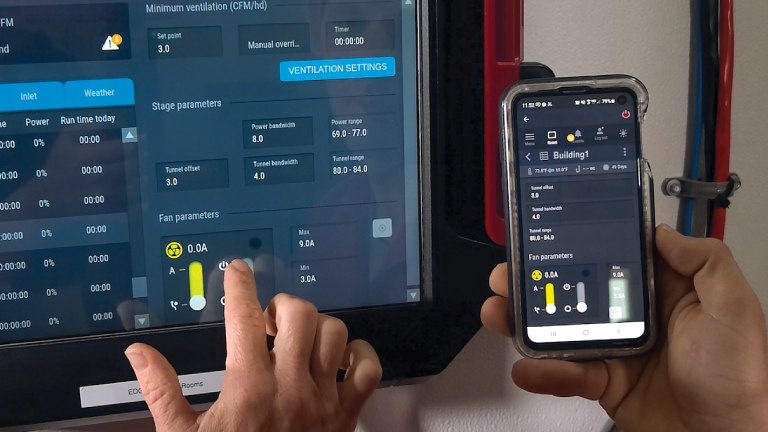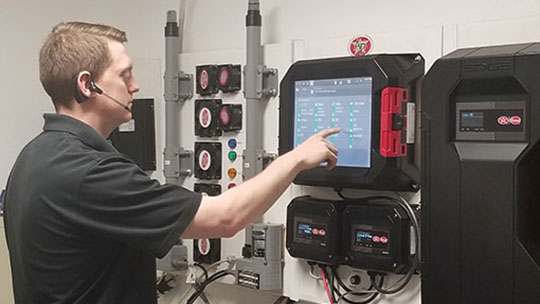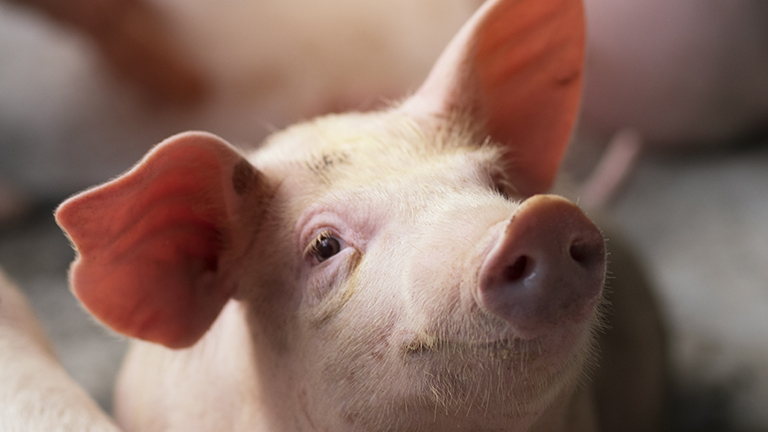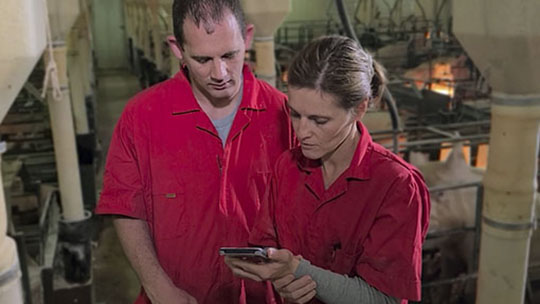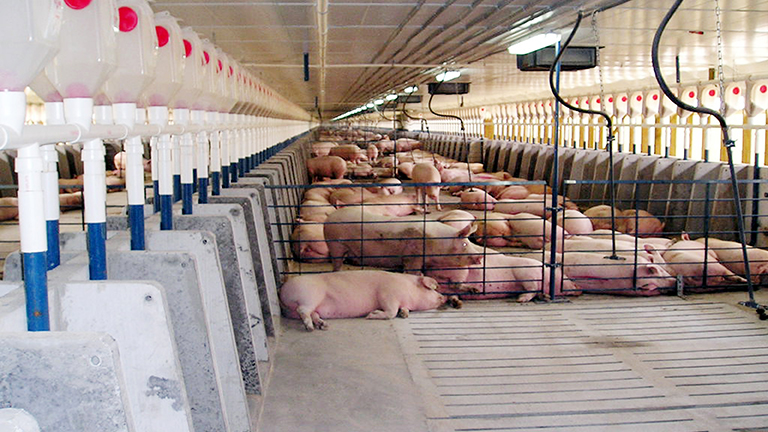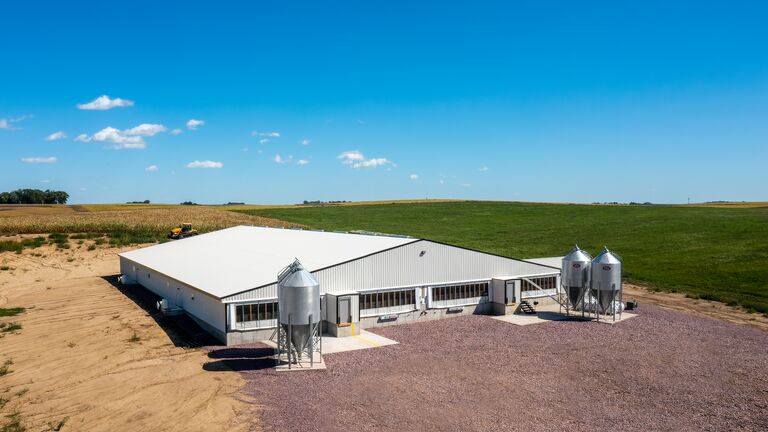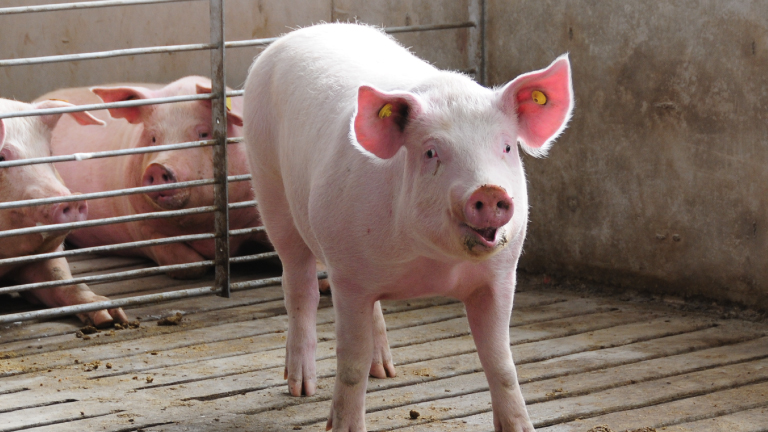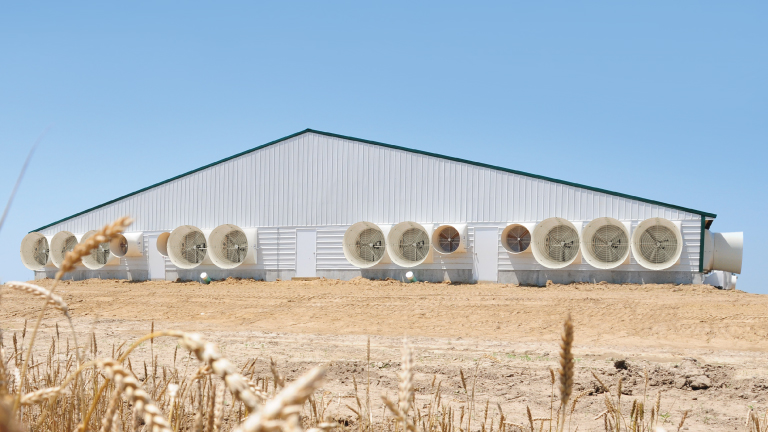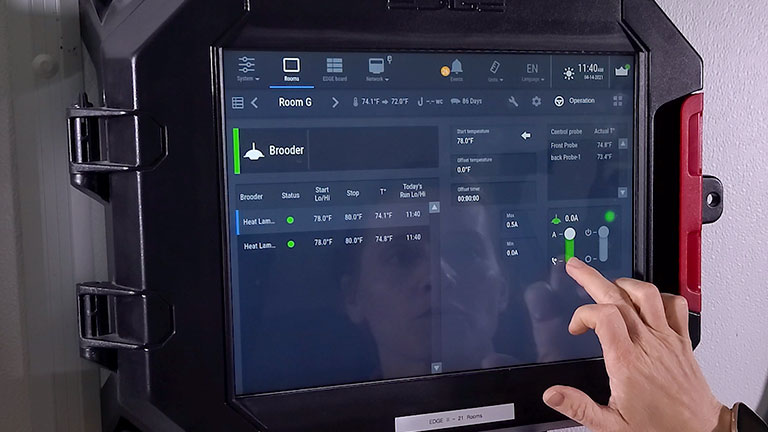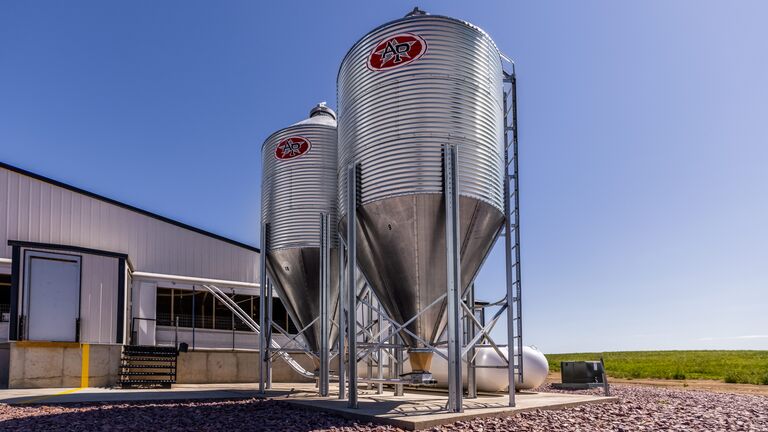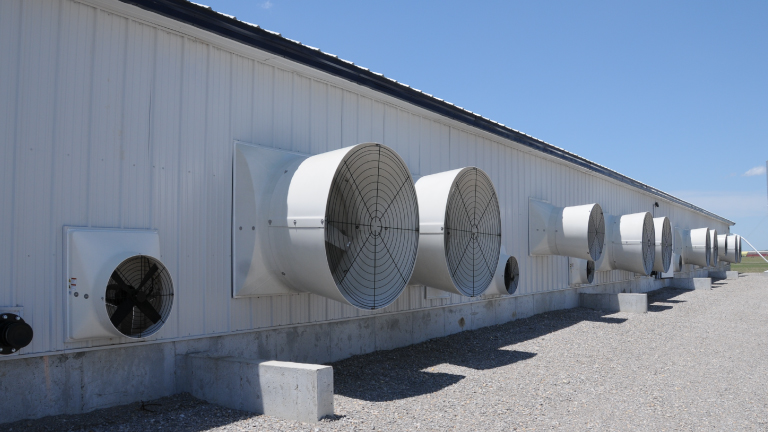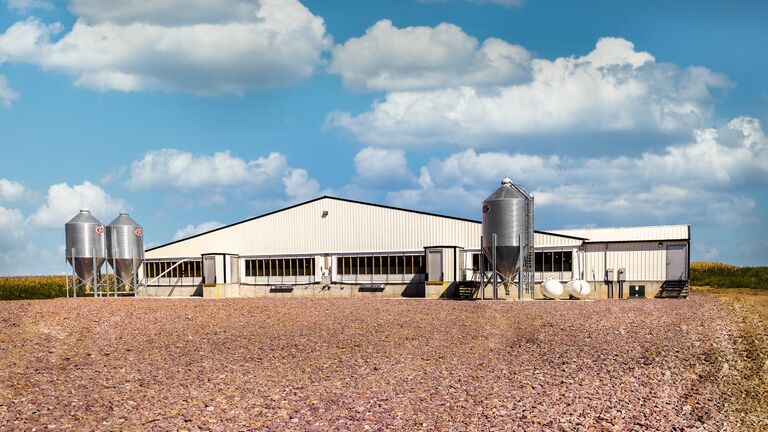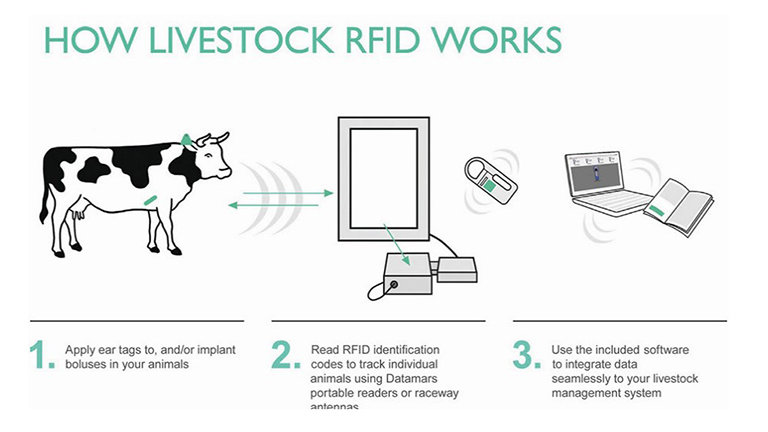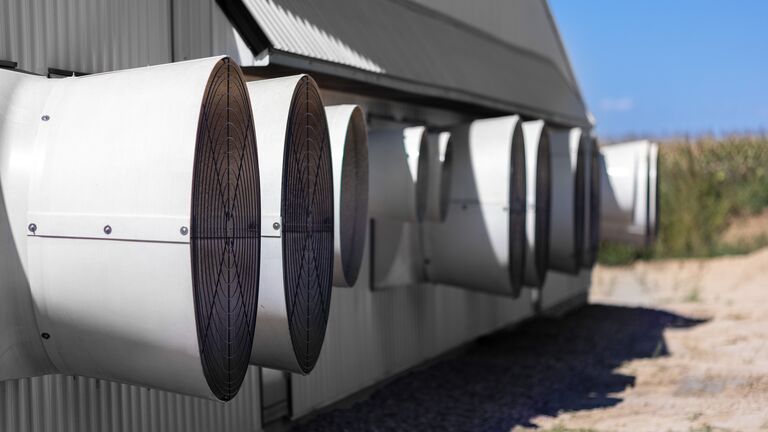For the past few years, Proposition 12 has been a topic of discussion for farmers across the country, as its future remains uncertain. Enforcement of this California law originally scheduled for January 1, 2022, has been delayed, and stakeholders are waiting to hear if the Supreme Court will take up a case challenging the law. However, if enacted, it would require significant changes to the current setup of many existing swine operations.
Three things set California's Prop 12 apart from similar previous legislation.
- Proposition 12 applies to any animal product sold in the state of California, meaning that anyone who sells their product to a company that supplies a business in California has to ensure that their operation is in compliance.
- The legislation defines the impacted animals as any breeding animal - so, any female that's greater than six months of age, not just those that are currently pregnant. There is an exemption for a few days before sows go into farrowing. Then, once they have weaned, they fall back into this category. The real challenge is that even on farms that use open houses for gestation, it’s common for the sow to stay in her stall through breeding, then go back into the open pen.
- The bill requires the female pigs an allowance of 24 square feet per sow. About 80 percent of pigs in the US are raised on a farm using stalls that are approximately 14 square feet. So, for many farms, there's a significant need to expand the square footage an animal would currently have. This will also impact sow herd size and annual throughput for existing facilities, limiting the overall number of pigs they can sell. The implication is a loss of sow inventory from 17-33 percent, creating a significant financial impact.
SWINE BARN UPGRADES TO ADDRESS EFFICIENCY, REGULATORY NEEDS
Why does this matter to farmers all across the U.S.?
Put simply, California is a big state with a big economy. Were it a country by itself, it would represent the fifth largest GDP in the world. On its own, California accounts for 15 percent of the country’s pork consumption, meaning U.S. pork producers can’t just walk away from sales in the state. Legislation such as this has the potential to touch any swine farmer in the U.S.
And, California was just the first. Massachusetts has passed similar legislation that impacts the operations that sell pork into the state, and these two won’t be the only states to enact legislation like this.
Companies that buy and distribute pork products will want the simplest supply chain possible. This means that if growers can meet the requirements of the California law, there will be more market opportunities available. Conversely, if a farm is out of compliance, it may be left out of a portion of the market.
Farmers need to be ready to take the next steps for Proposition 12 compliance
Here are a few tips to start moving your operation towards compliance.
- Familiarize yourself with what it takes to get certified and contact third-party certification companies such as Earth Claims to better understand the process.
- Start considering options to modify your existing breeding operations. This could mean weaning sows into small pens or into larger pens with free access stalls to feed and breed. The bill allows an exception for temporary husbandry confinement: no more than 6 hours in a 24-hour period and no more than 24 total hours over 30 days.
- Once compliance is established around breeding, it will be time to make gestation areas more compliant. Crating will need to be replaced with pen gestation or in some cases pens can be used if they are stocked at a lower density.
- Start thinking about how to train or retrain your labor force. Proposition 12 brings its own new ways of keeping the operation moving profitability, so making sure your team understands the new rules and how that changes the way they work with the animals will be key to making the move towards compliance a success.
AP can help you make the right choices for your barns
Our Gestation Sow Feeder (GSF) can help you meet Proposition 12 requirements. With the functionality of free access stalls and the accuracy of RFID sow feeding, the GSF offers individualized sow nutrition and welfare in a pen gestation system.
